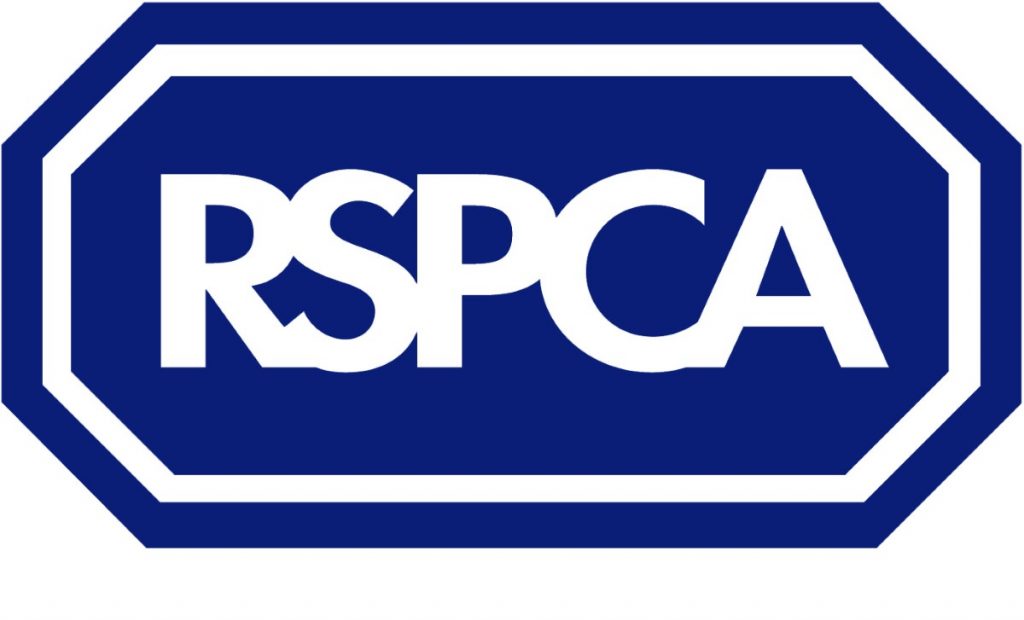RSPCA wants reduction in number of Grand National runners to remain on horseracing agenda
The RSPCA has maintained a reduction in the number of horses starting the Grand National should be considered by racing authorities to reduce risk to horses and jockeys.
The nation’s biggest animal charity believes bunching at fences and loose runners in the race continue to pose a welfare risk to both horse and jockey.
Changes in recent years to the Grand National course at Aintree have followed discussions with RSPCA equine consultant David Muir. He believes they have had a positive impact on reducing risk factors benefiting the welfare of the racehorse.
This year’s race meeting will start on Thursday (9 April), with the Grand National Steeple Chase taking part on Saturday afternoon (11 April).
David now hopes the British Horseracing Authority (BHA) and Aintree management will consider his suggestion to reduce the field in future Grand National races, on top of his previous input.
He said: “As a leading animal welfare charity we feel it’s our duty to do all we can to ensure the welfare of horses involved in racing. The RSPCA has invested a great deal of resources, expertise and time over the years working with the horseracing industry to make welfare improvements to the sport. We believe these improvements not only benefit the horses but also jockeys and the sport as a whole.
“The Grand National is a testing course, by its very nature. In recent years the RSPCA has worked with the Aintree management and the British Horseracing Authority who have made a series of welcome changes including improvements to Becher's Brook, the removal of the solid fence cores producing a more forgiving structure and the removal of several drop landings which in the past have shown to increase the risk factor.
“The provision of superior and more accessible run outs has also been made, taking loose horses out of danger.
“However, we would still like to see a reduction of the field numbers remaining on the agenda due to the number of horses that do not remain in contention at the end of the race. Together with the occasional bunching issues, the number of loose horses when jockeys become unseated further increases risk factors to both horse and jockey.”
The RSPCA would also wish to see that jockeys are reminded to ensure that the horse's welfare is paramount and that they pull up tired horses that are no longer in contention. Breaches of the whip rules also have the potential to compromise the horse's welfare and the RSPCA finds that serious breaches are unacceptable.
David added: “As in the past we ask that the BHA remind jockeys of their duty of care to the horses they ride.
“We will continue to monitor races carefully to see if any injuries or deaths could have been avoided or if any lessons can be learned to further prevent fatalities or injuries.
“We share our findings with the British Horseracing Authority and the Racecourse Management and where appropriate air our concerns and recommendations to these bodies.”
RSPCA, Wilberforce Way, Southwater, Horsham, West Sussex RH13 9RS
Press office direct lines: 0300 123 0244/0288 Fax: 0303 123 0099
Duty press officer (evenings and weekends) Tel 07825 158490
Email: press@rspca.org.uk Website: www.rspca.org.uk





-01.png)